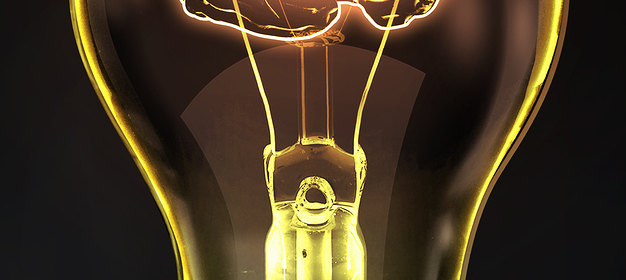What Does the Dangly Thing in the Back of Your Throat Do?

Ryan D. asks: Does the dangly thing in the back of my throat serve any purpose? Hanging from the back edge of your soft palate, the palatine uvula seems to serve several functions, none of which are particularly necessary for most people, which is why it can generally be removed with few, if any, noticeable side effects. In fact, in […]
Read more
















